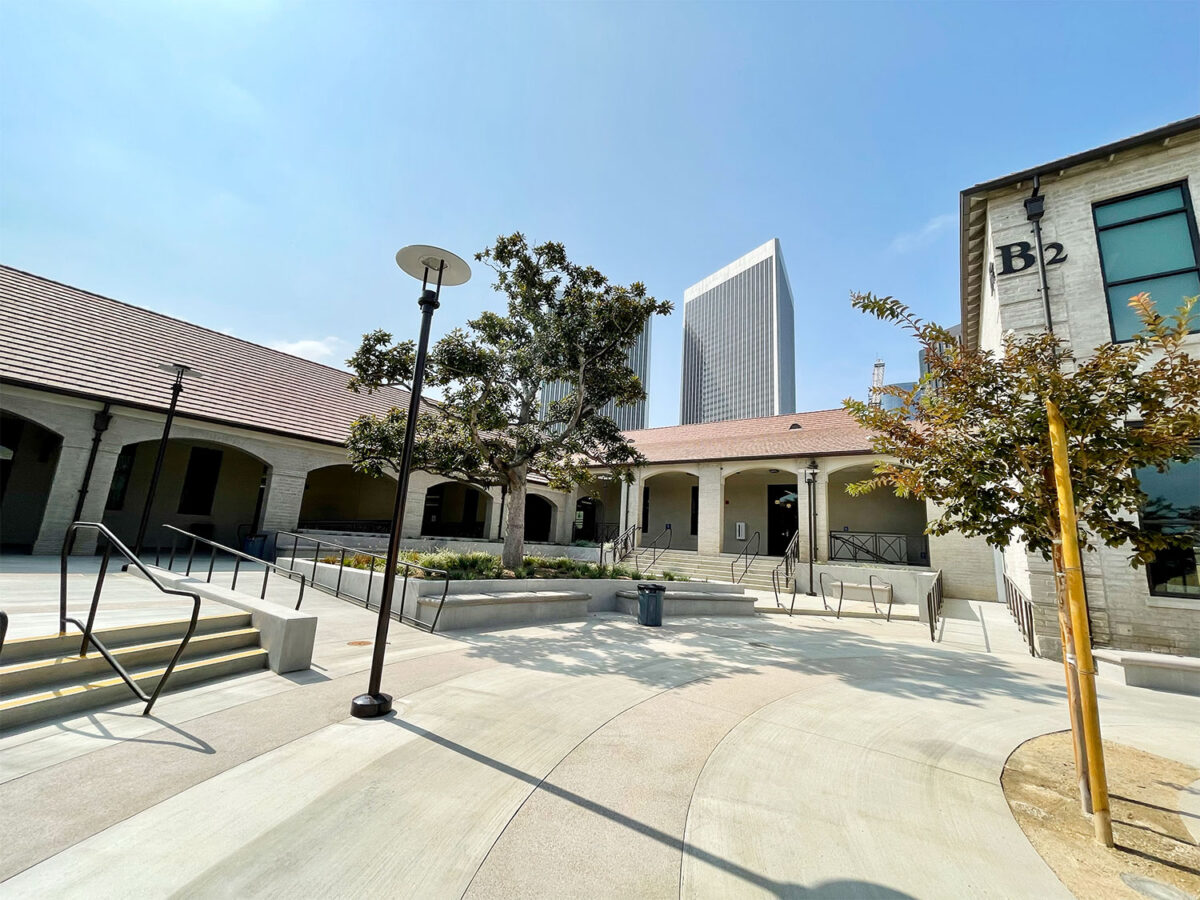A last-minute outpouring of public comments at the Jan. 24 Sunshine Task Force meeting has tabled a controversial ordinance that would have allowed ordinary residents to pause developments for inaccurate or incomplete information on permit applications. While advocates of the ordinance characterized it as a boon for accountability that would place residents on equal footing with well-resourced developers, critics warned that its broad language left it vulnerable to bad actors and would have a chilling effect on development at a crucial moment for the city.
The ordinance would set up a system by which a resident could challenge any permit for the “inclusion of inaccurate, substantially incomplete or erroneous information in an application,” according to a draft of the ordinance.
Not all inaccuracies would necessarily lead to the revocation of permits under the ordinance –only inaccuracies or omissions that “materially deviate” from the approved plans. In other words, if the omission of certain information or the inclusion of inaccurate information had an impact on the approval of a permit, then the city could take the permit away once alerted to the issue by a reporting resident.
“I’m really perplexed as to why there’s even a need for this,” said former Mayor Stephen Webb, who also previously served on the Planning Commission. “I’m also perplexed at the ambiguity of some of the language that’s here and it’s troubling to me.”
Mark Egerman, a legislative advocate on behalf of multiple developers in Beverly Hills and himself a former mayor, expressed concern that the ordinance would dampen potential development in the city. “My concern is that this ordinance’s main effect will be to so substantially increase costs for developers that the city will not have future development, or future development that complies with code will not be undertaken,” Egerman said.
Director of Community Development Ryan Gohlich laid out the existing enforcement mechanisms for projects that deviate from the plans submitted to the city. He gave the example of a hypothetical 100-foot wall. For minor deviations – say, an extra 10 feet – the city could issue “a correction to bring the wall back into conformance with what they got approved for,” Gohlich said. For more “severe” deviations, like if the developer instead constructed three separate walls adding up to 100 feet, “that would normally result in a stop work order on the project where they would not be allowed to do further work on that project, they would be subject to additional permit fees as a penalty, and they would also be required to eliminate the unpermitted portions of the project and bring it into conformance with what they were approved for.”
Similar procedures are in place for by-right projects.
“In many cases, we have items that are identified by building inspectors while they are out in the field doing their inspections, because there are many inspections that are required at various milestones throughout a project. And in some instances, we have items that are reported to us by neighbors,” Gohlich said. “We take those reports seriously, we investigate all of them, and in cases where we find there to be a violation, we have the same procedure in place where there will either be a correction or a stop work order issued, depending on the nature of deviation from the approved plans.”
But supporters of the ordinance said that the existing rules were insufficient, pointing to two projects that they said intentionally misled the city. In one case, an applicant misrepresented that a floor qualified as a basement when it did not, said Debbie Weiss. In another, the applicant misrepresented their plans on earthwork, she said.
Councilmember John Mirisch, a City Council liaison on the task force, said that these issues would not have happened if existing mechanisms were sufficient.
He added that “good actors” should have no issues with penalties for “bad actors.”
But Egerman said that the ordinance would have unintended negative consequences for good actors as well. “I believe strongly that it is not a question that good developers have nothing to worry about. It creates substantial additional risks and costs and will limit the type of development that the City Council has stated it wants, which is increased housing,” Egerman said. “It is a simple reality Beverly Hills has the reputation of being a very difficult entity to do business with.”
Mayor Robert Wunderlich, who also serves as a City Council liaison on the task force, proposed doing further work on the ordinance in a subcommittee before bringing the ordinance before the Council. He expressed hope that “the people on this call today and others perhaps could participate so that we can be in a better position after discussing these issues.”
A subcommittee meeting had not been scheduled as of press time, according to staff. The timeline of the ordinance reaching the City Council will be dependent on the subcommittee’s own timeline.







